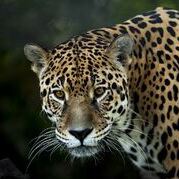Is there a Creativity limit in science fiction? General fiction?
-
Similar Content
-
- 2 comments
- 219 views
-
- 4 replies
- 146 views
-
- 2 comments
- 375 views
-
How would YOU show what another character is thinking while being limited to the main character's overall point of view?
By BendtedWreath,
- recommendations
- writing
- (and 1 more)
- 13 replies
- 234 views
-
- 5 replies
- 378 views
-






Recommended Posts
Create an account or sign in to comment
You need to be a member in order to leave a comment
Create an account
Sign up for a new account in our community. It's easy!
Register a new accountSign in
Already have an account? Sign in here.
Sign In Now